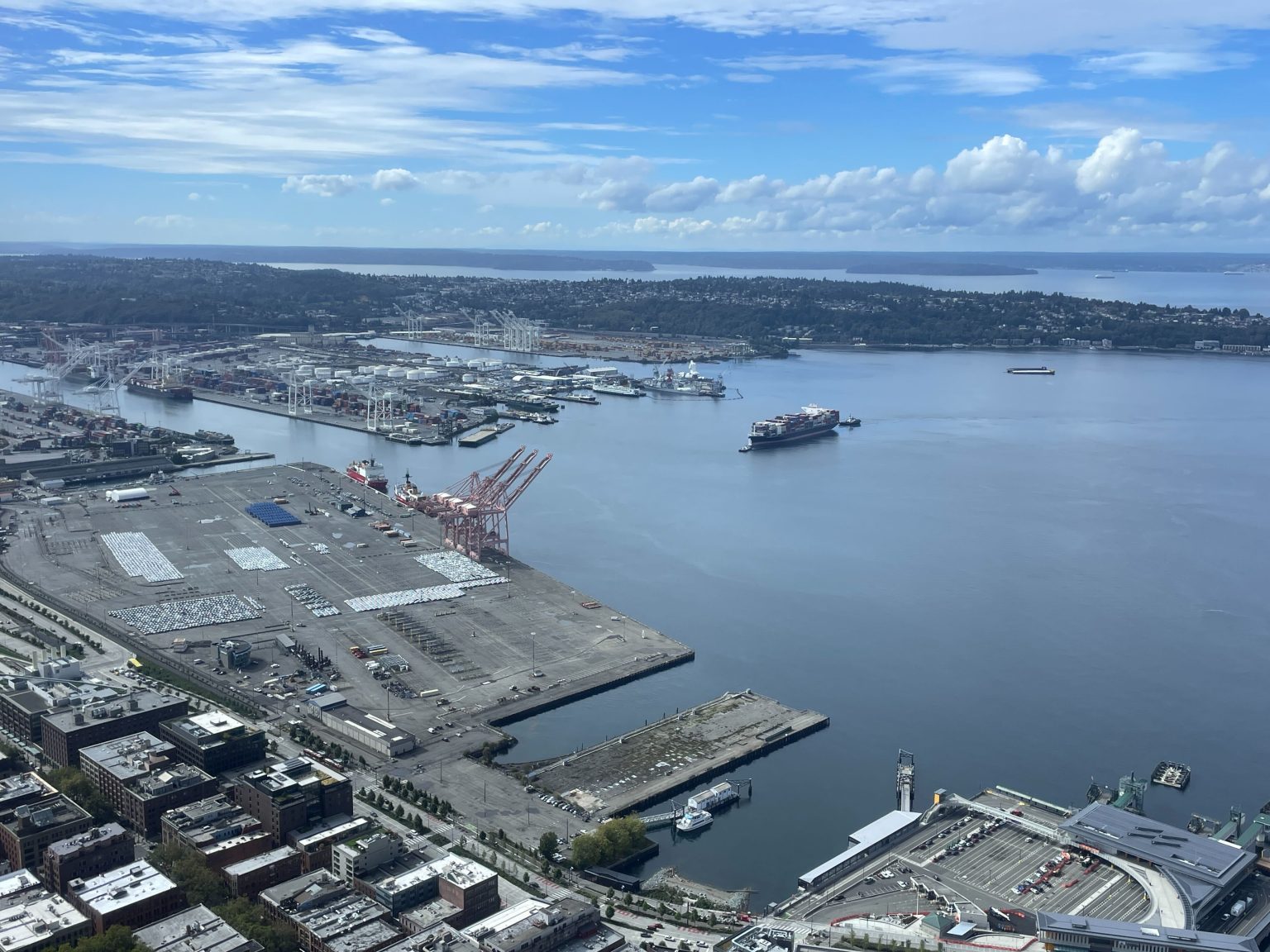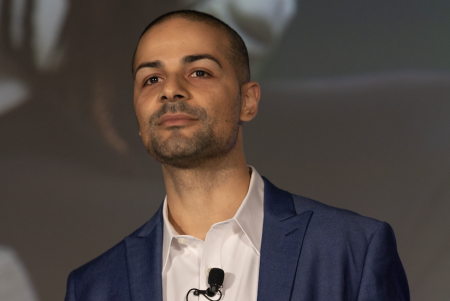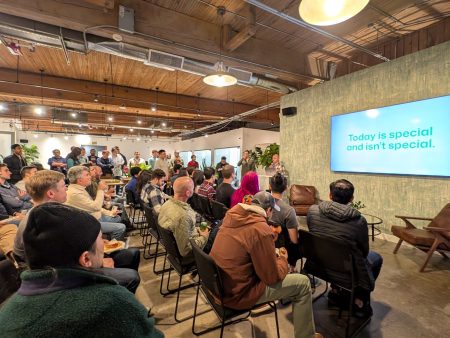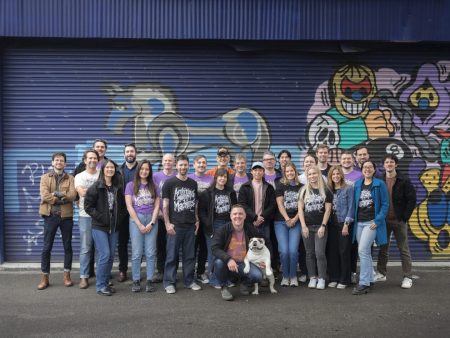Seattle: A Hub for Supply Chain Innovation
The Seattle metropolitan area has solidified its position as a leading center for supply chain software development, driven by the established presence of logistics giants like Amazon and the emergence of innovative startups like Convoy. This concentration of expertise is fueled by a unique combination of technical prowess and customer-centricity, qualities honed by the region’s history with globally recognized companies such as Starbucks, Costco, Expeditors, and, most notably, Amazon. This "supply chain awareness," as described by Convoy co-founder Dan Lewis, permeates the city’s business landscape and has created a fertile ground for logistics-focused innovation. The recent pandemic-induced supply chain disruptions, coupled with advancements in mobile technology, artificial intelligence, and software development, have further propelled interest and investment in these startups. This convergence of factors has positioned Seattle as a prime location for companies seeking to modernize and optimize the movement and management of goods.
The influence of Amazon is particularly significant, with several former executives venturing into the startup realm, leveraging their experience to tackle supply chain challenges. Dave Clark, former CEO of Amazon Worldwide Consumer, exemplifies this trend, returning to Seattle to launch Auger, an AI-driven supply chain optimization platform. His decision to base the startup in Seattle underscores the region’s appeal as a talent magnet, attracting individuals with deep expertise in solving complex logistics problems. This sentiment is echoed by other entrepreneurs like Bryan Lacaillade, founder of Freightmate, and Mo Afshar, CEO of Pipe17, both of whom cite Seattle’s rich logistics ecosystem and proximity to Amazon as key advantages. This concentration of talent and experience creates a network effect, fostering collaboration and innovation within the industry.
The Seattle allure extends beyond its local talent pool. Cargado, a Chicago-based trucking load board startup, is actively seeking to establish an engineering presence in Seattle, highlighting the city’s nationwide reputation as a logistics tech hub. The draw lies in the availability of "top-notch talent" emanating from companies like Amazon and Microsoft, further solidifying Seattle’s position as a desirable location for companies seeking to expand their logistics technology capabilities. This inbound interest underscores the region’s growing influence and appeal within the broader supply chain technology landscape.
This influx of talent is not solely driven by location; the nature of the work itself is a major factor. Rylan Hawkins, co-founder and CTO of Cargado and a former Convoy leader, notes that software engineers are increasingly attracted to the tangible impact of logistics work. The ability to influence the movement of physical goods, impacting real-world processes and contributing to the broader economy, is a compelling motivator for those seeking purpose-driven careers. This shift in perspective, coupled with the increasing investment in logistics startups, positions the industry as a dynamic and attractive field for software engineers.
The Seattle area boasts a diverse array of logistics startups, each addressing specific pain points within the supply chain. These companies range from AI-powered optimization platforms like Auger to freight forwarding management systems like Freightmate and e-commerce logistics solutions like Pipe17. The breadth of innovation reflects the multifaceted nature of supply chain challenges and underscores the region’s ability to generate solutions across various segments of the industry. The presence of these startups, many of which are recognized on the GeekWire 200 list of top privately-held tech companies in the Pacific Northwest, further strengthens Seattle’s claim as a leading logistics technology hub.
Some of the prominent players in Seattle’s logistics startup scene include: Auger, leveraging AI to optimize supply chains; Cargado, facilitating cross-border trucking shipments; EasyMetrics, focused on warehouse efficiency; FlavorCloud, simplifying global e-commerce shipping; Flexe, providing on-demand warehousing solutions; Flexport, offering comprehensive end-to-end logistics services; Freightmate, streamlining freight forwarding operations; GoodShip, providing financial and analytical tools for shipping; Grydd, developing supply chain software for various stakeholders; Logixboard, managing fragmented shipping data; Manifold Freight, aggregating spot freight opportunities for carriers; OpenTug, optimizing marine logistics; Outgo, providing banking services for freight carriers; Pandion, specializing in e-commerce delivery; Pipe17, integrating e-commerce software systems; Sendle, catering to small e-commerce businesses; Shipium, enhancing e-commerce supply chains; and Trapezoid Technologies, utilizing AI for truck and trailer image capture. This diverse landscape of startups exemplifies the breadth and depth of innovation occurring within Seattle’s logistics sector, further solidifying its position as a global leader in supply chain technology.













